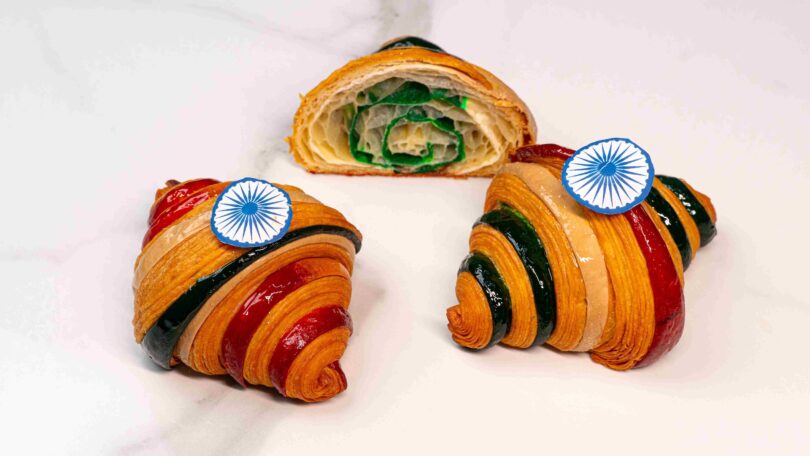Rising Above: Solving the Challenges Faced by Baking Students
Baking is both an art and a science—a rewarding journey filled with dedication and learning. For students enrolled in baking courses or professional bakery classes, the path is often lined with unique challenges. Recognizing and overcoming these hurdles is crucial to growing as a baker. With the right strategies, students can turn obstacles into opportunities for growth, mastery, and creativity.
Insufficient Time for Practical Application
Many baking students, particularly those in professional bakery courses, struggle with limited time for hands-on practice. This lack of practice time often forces them to sacrifice other subjects or extend study hours beyond what’s manageable.
To address this, it’s important to reassess your schedule and intentionally set aside time for practice. Prioritizing practice not only enhances skill development but also reinforces classroom learning. Digital recipe libraries and video tutorials are valuable tools for reinforcing techniques at home and optimizing your practice sessions.
Large Class Sizes and Limited Individual Attention
Some baking courses have large class sizes, making it difficult for instructors to offer personalized, one-on-one guidance. This can hinder students’ progress and make learning more challenging.
Students can counter this by being proactive—ask questions, seek feedback, and engage actively during class. Forming peer study groups to practice together and exchange tips can accelerate learning and foster collaboration. Online baking classes are another useful resource, offering greater flexibility and, in many cases, instructor feedback tailored to your pace and needs.
Creativity Blocks
Many baking students feel constrained by strict recipes and may fear experimenting with new flavors or techniques. However, creative exploration is essential for growth.
Start by mastering foundational skills. Once confident, challenge yourself with themed pastries or seasonal ingredients. Participate in competitions or group-based challenges to spark innovation. Keeping a baking journal to document your experiments, successes, and lessons learned can provide inspiration and track your creative journey.
Physical Demands
Professional baking can be physically demanding, requiring long hours on your feet and handling heavy equipment. Whether you’re attending in-person classes or learning through online platforms, physical fatigue is a common reality.
To manage this, it’s important to practice self-care, build physical endurance gradually, and use proper techniques to avoid injury. Consistent practice, resourcefulness, and support from mentors or peers will help you stay resilient and committed. With time, these challenges become part of your learning experience, shaping you into a confident and skilled baker.
Rising Above the Challenges: How Future Bakers Find Their Recipe for Success
The Academy of Pastry and Culinary Arts supports students in overcoming common challenges such as mastering precise techniques, managing time efficiently, and achieving consistent results.
For many beginners, the science behind baking can feel intimidating. The academy breaks down complex concepts through hands-on training led by experienced chefs. Small class sizes ensure each student receives personalized feedback, allowing for continual improvement.
By simulating real-world kitchen environments, students learn to manage stress and time pressure, building both confidence and resilience. The curriculum also emphasizes core skills like hygiene, discipline, and workstation organization. To combat creative blocks, students are encouraged to experiment with presentation and flavor, guided by internationally trained mentors.
By blending technical training with professional development, the academy ensures that its students are not only skilled but also well-prepared for success in the dynamic, demanding world of baking.


